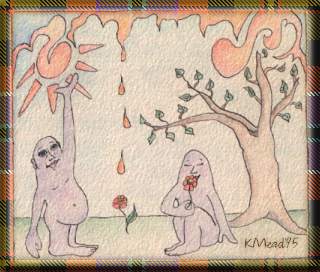 Mentally Ill (NAMI) National
Depressive and National
Foundation For
National
Institute of
National
Institute of
 |
|
 Mentally Ill (NAMI) National
Depressive and National
Foundation For
National
Institute of
National
Institute of
 |
|
|
?Genetic: Major depression also seems to occur, generation after generation, in some families. However, it can also occur in people who have no family history of depression. Whether inherited or not, major depressive disorder is often associated with having too little or too much of certain chemicals in the brain. ?Psychological: Psychological makeup also plays a role in vulnerability to depression. People who have low self-esteem, who consistently view themselves and the world with pessimism, or who are readily overwhelmed by stress are prone to depression. Very often, a combination of genetic, psychological, and environmental factors is involved in triggering a depressive disorder. |
More Interesting Facts About Depression
|
Types of Depression
Clinical depression is an illness, and it requires specific treatment. It is not a sign of personal weakness. It persists, and it doesn't go away no matter how hard the individual wants it to. People with a depressive illness cannot merely "pull themselves together" and get better. Depressive disorders come in different forms. Within each type there are variations in symptoms, severity, and persistence.
Dysthymia , a less severe type of depression, involves long-term, chronic symptoms that do not disable, but do keep a person from functioning at "full steam" or from feeling good Sometimes people with dysthymia also experience major depressive episodes. Bipolar disorder, ( formerly manic-depressive illness) involves cycles of depression and elation (mania). More information is available in the section entitled Bipolar disorders. |